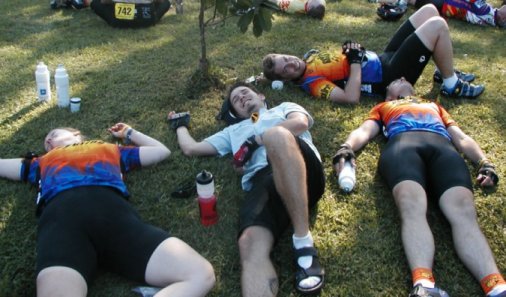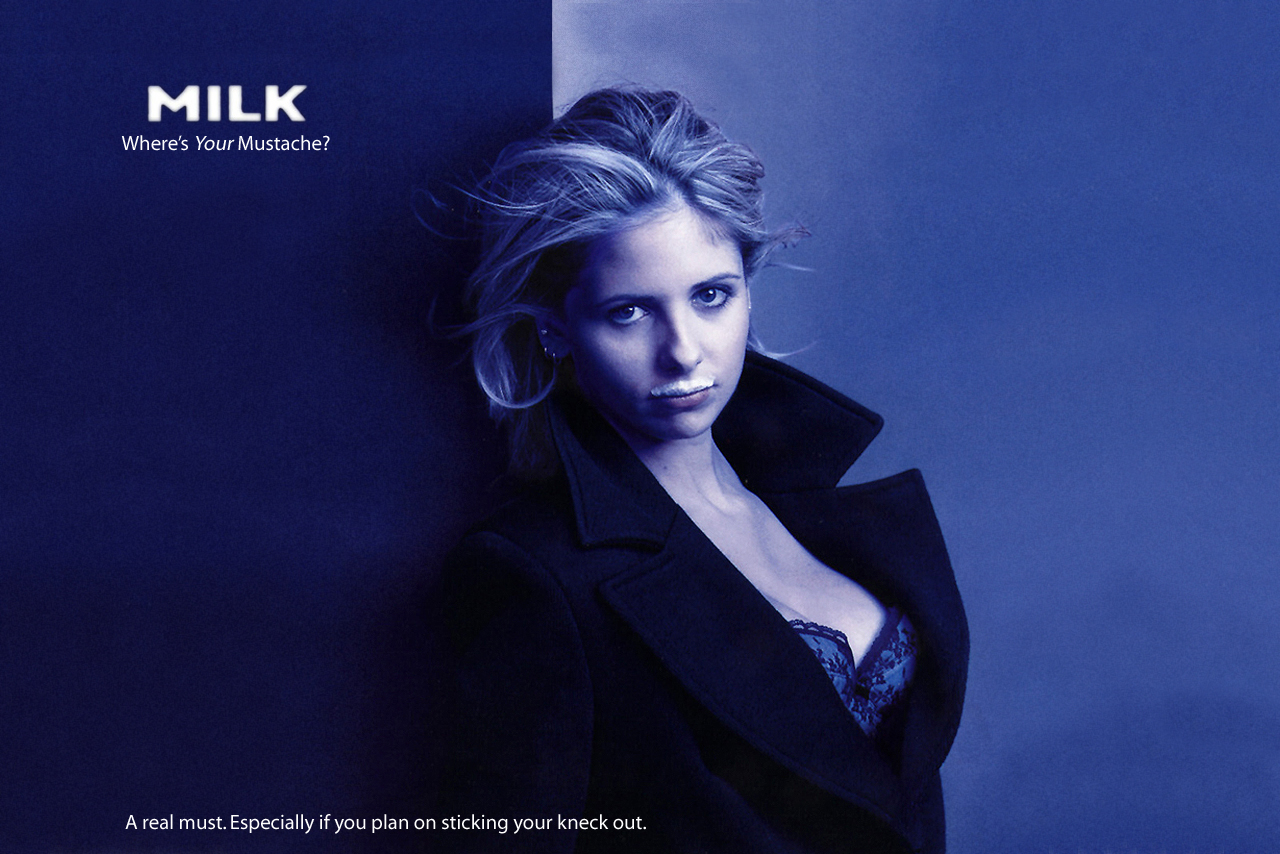Indolence
/The question of whether indolence in its literal sense can be a virtue in martial arts training arose last month on Formosa Neijia and on Dojo Rat, but I'm too...you know...to find and link to the exact posts.

On Formosa Neijia the subject was raised in a rather contentions way, through the suggestion that Yang stylists might not work as hard as Chen stylists. Naturally, the comments concluded that it is individual practitioners, not styles, which are variously lazy or hard working.
However, some people did conclude that to avoid pain in ones practice can have positive results. Does this really work?
Diligently practicing to avoid pain won't work. We actually need to practice what is painful, and we need to practice each and every painful thing until we understand exactly how and why it is painful. I'm not saying you need to injure your wrist on the left side and then do it again on the right side. That would be dumb.
You can certainly extrapolate that if a practice causes injury to one part of the body it will do the same to another. The more quickly you learn what truly hurts, the more quickly you will progress. Learning, in this case means learning not to do what hurts.

But....
I've been teaching kids some short Shaolin routines called Stone Monkey. One of the characteristics of the Stone Monkey is that you bang your elbows and knees on the ground and even grind your fist into the ground with your entire body weight on it. If you do it right, it doesn't hurt. But it always hurts the first few times you do it and if you have a case of blood stagnation from too much time on the cough watching Kungfu movies, it will continue to hurt until you improve the quality of your blood and your circulation. That could take a while.
Good martial arts training works backwards.
 About 80% of the people I teach habitually slightly dislocate at least one of their hips. While they are young it hardly matters, young hips are juicy and forgiving. They just develop protective muscles which limit range of motion. But if one of these students takes a lot of weight in a slightly dislocated hip they can have pain. As people age the slight dislocation of the hips becomes a bigger and bigger problem.
About 80% of the people I teach habitually slightly dislocate at least one of their hips. While they are young it hardly matters, young hips are juicy and forgiving. They just develop protective muscles which limit range of motion. But if one of these students takes a lot of weight in a slightly dislocated hip they can have pain. As people age the slight dislocation of the hips becomes a bigger and bigger problem.The key to training is to notice the dislocation, notice that it causes a tiny bit of pain. The pain is usually so small it quickly turns to numbness if you ignore it, but don't ignore it! Understand exactly how and why it occurs. Then stop doing it. And when I mean stop, I mean STOP!
You have to take these sorts of mis-alignment-pain seriously enough to re-teach yourself how to walk, how to run, how to climb stairs, how to get in and out of a car, just about everything.
At one point (years ago) in my standing practice, about 40 minutes into standing still, my foot would start to hurt. I'm talking about, "I want to scream," type of pain. The first 1000 times I felt this pain, I wiggled, and jiggled until it stopped. Finally one day I stuck with it. When I was done standing I didn't shake out, I moved very slowly and carefully through my taiji and bagua and even while doing push hands. It hurt really badly the whole time. At some point I fell into trance and lost the pain.

But I had held onto it long enough to know that it was a problem I was re-creating with the inefficiency of my movement on a daily basis. So for the next week or so I stood until it hurt and I stayed with the pain until I could identify its causes in my daily behavior.
You won't really understand what is hurting and why it is hurting unless you push your body through the difficult parts of training. If you want to transform yourself through martial arts, you've got to hold low stances, do extreme power stretching and high kicks, get bumps, bruises and twists, and slowly and methodically unravel the bad habits and old injuries--pain is part of the whole package.
That being said, don't eat an 800 pound bag of potato chips. If something is hurting and you understand how and why, than stop already. There is nothing wrong with potato chips, as long as you don't eat more than five.
I might add in passing that pains of the heart and mind work the same way; the experience of intimacy is linked to betrayal, and abandoning rigid thinking is linked to cognitive dissonance.
___________________________________________
Note: I got the picture of people doing taijiquan in wheelchairs from United Spinal. Apparently taiji is of benefit for people with MS.

 Occasionally I do product reviews. Lately I hear people worrying about the "economy," which I think is silly. If the economy slows down, it's like it's doing taijiquan. We notice where we're wasting energy, we discard excess, our appetites readjust and become more refined, we redesign our interactions for the space and things we use everyday-- generally we simplify our lives.
Occasionally I do product reviews. Lately I hear people worrying about the "economy," which I think is silly. If the economy slows down, it's like it's doing taijiquan. We notice where we're wasting energy, we discard excess, our appetites readjust and become more refined, we redesign our interactions for the space and things we use everyday-- generally we simplify our lives. another man's splurge
another man's splurge .
. on toilet paper too.)
on toilet paper too.)
 I have a group of elementary school kids I have been teaching on Fridays after school. I turned down the job three times because I know from experience that kids lose their impulse control on Fridays after school and I didn't want to deal with that. But for some reason, I no longer remember, I said "yes" the fourth time they asked me.
I have a group of elementary school kids I have been teaching on Fridays after school. I turned down the job three times because I know from experience that kids lose their impulse control on Fridays after school and I didn't want to deal with that. But for some reason, I no longer remember, I said "yes" the fourth time they asked me. I woke up this morning with my arms crossed. Actually more than crossed, knotted-up would be a better description. One hand jutting past my armpit, the other arm wrapped around it twice and dangling between my ear and my shoulder. It took a minute to figure out which arm was which. My honey says I do gongfu in my sleep.
I woke up this morning with my arms crossed. Actually more than crossed, knotted-up would be a better description. One hand jutting past my armpit, the other arm wrapped around it twice and dangling between my ear and my shoulder. It took a minute to figure out which arm was which. My honey says I do gongfu in my sleep. Confucius said, "If I show the student(s) one corner of the square and he doesn't show me the other three, I change the subject."
Confucius said, "If I show the student(s) one corner of the square and he doesn't show me the other three, I change the subject." I don't look to criticise the student. I first reflect and then acknowledge that I'm not offering a teaching which meets the student where they are, at their learning level or interest. A good teacher will move on to a new subject or try a new approach.
I don't look to criticise the student. I first reflect and then acknowledge that I'm not offering a teaching which meets the student where they are, at their learning level or interest. A good teacher will move on to a new subject or try a new approach.
 A long time ago Tiger was awkward and clumsy. Lacking skill he found a great gongfu master and begged him to accept him as a student. This is how he came to study with Master Cat.
A long time ago Tiger was awkward and clumsy. Lacking skill he found a great gongfu master and begged him to accept him as a student. This is how he came to study with Master Cat.
 In the two previous posts, I wrote that the quest for power is born
In the two previous posts, I wrote that the quest for power is born  Teaching 6 and 7 year olds is a process of getting them to give up screaming and crying for more sophisticated forms of power, like carefully chosen words. Of course they could learn to use their crying in increasingly more manipulative ways, or they could just keep developing their
Teaching 6 and 7 year olds is a process of getting them to give up screaming and crying for more sophisticated forms of power, like carefully chosen words. Of course they could learn to use their crying in increasingly more manipulative ways, or they could just keep developing their 
